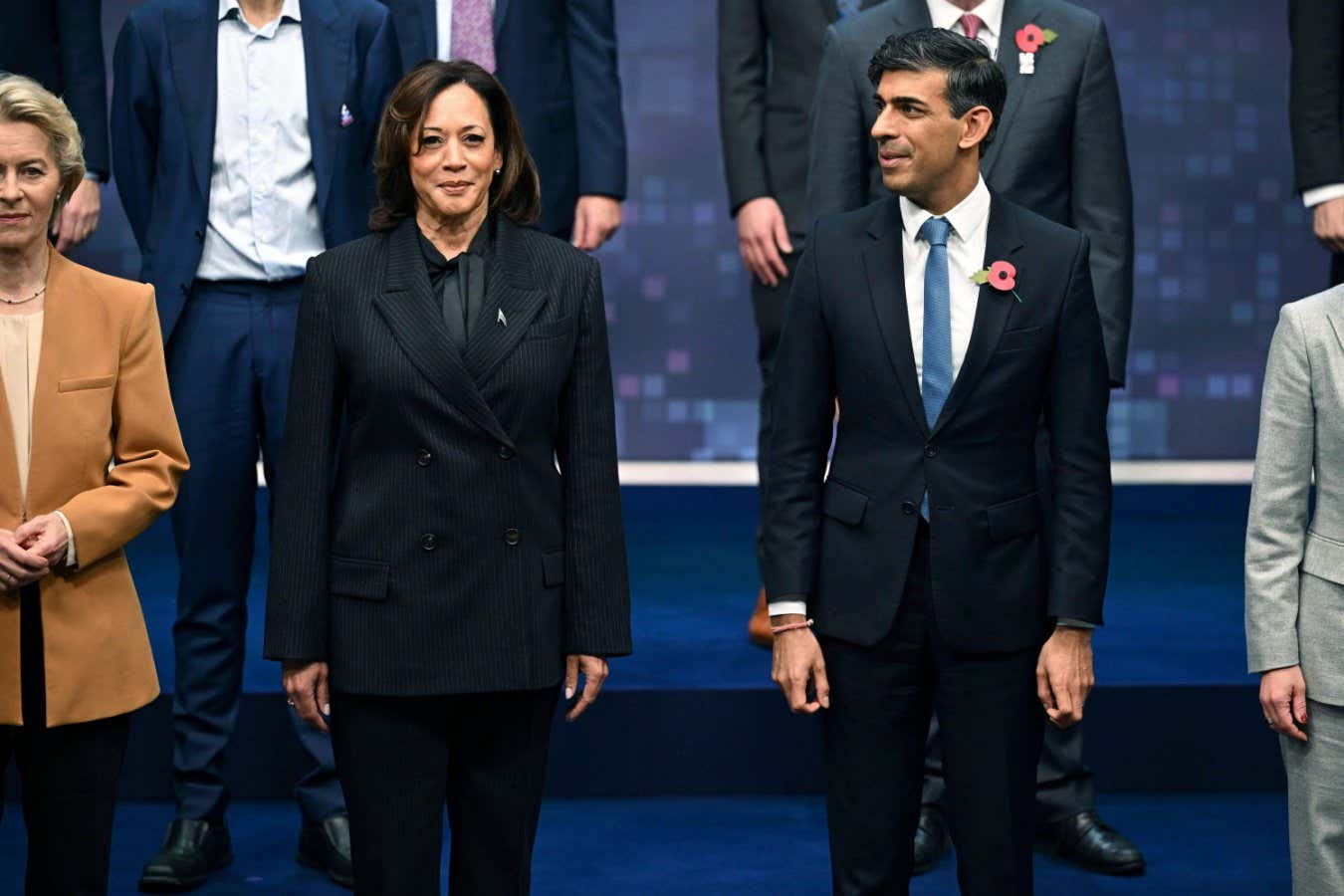US vice president Kamala Harris and UK prime minister Rishi Sunak attended the AI Safety Summit at Bletchley Park on November 2nd. The summit aimed to address the potential risks of artificial intelligence (AI) to society and facilitate discussions between representatives of various nations, business leaders, and technology experts. So, what were the outcomes of the summit?
The main result was the signing of the Bletchley Declaration, with participation from 28 nations, including China, the US, and the European Union. Achieving an international consensus in today’s political climate can be considered a success. However, the declaration mainly acknowledges the risks associated with AI and expresses a commitment to further exploration. The document does not outline concrete actions, except for the promise to hold more summits in the future. Some critics argue that the meeting could have been conducted through virtual means to reduce carbon expenditure from travel.
Carissa Véliz, an AI ethicist from the University of Oxford who was not invited to the summit, is unimpressed by the focus on future summits. She believes that the regulation of AI and international agreements on the matter have been progressing slowly. Considering the high stakes and the rapid development of AI, she finds the plans for future meetings insufficient.
Gary Marcus from the Center for the Advancement of Trustworthy AI welcomes the Bletchley Declaration but believes it falls short and lacks representation from a broad cross-section of society. He calls for concrete proposals and actions regarding AI regulation rather than just position statements.
The executive order on AI issued by US president Joe Biden during the same week as the Bletchley summit is seen as a more tangible policy approach. The executive order directs various government agencies to develop guidelines for testing and using AI systems. The EU is also working on AI legislation. While there is a will to regulate AI, there is still a lack of specific details.
Clark Barrett from Stanford University finds parts of the Bletchley Declaration vague and potentially ineffective if not followed through with actions. However, he sees the mention of “building a shared scientific and evidence-based understanding of these risks” as a sensible approach.
The reality is that technology, as always, is outpacing legislation. Even if the world’s law-makers familiarize themselves with the latest developments in AI at the summit, they will likely require regular updates given how quickly AI evolves. While summits offer opportunities for politicians to engage with AI experts, they cannot solve the challenge of legislation lagging behind innovation.








